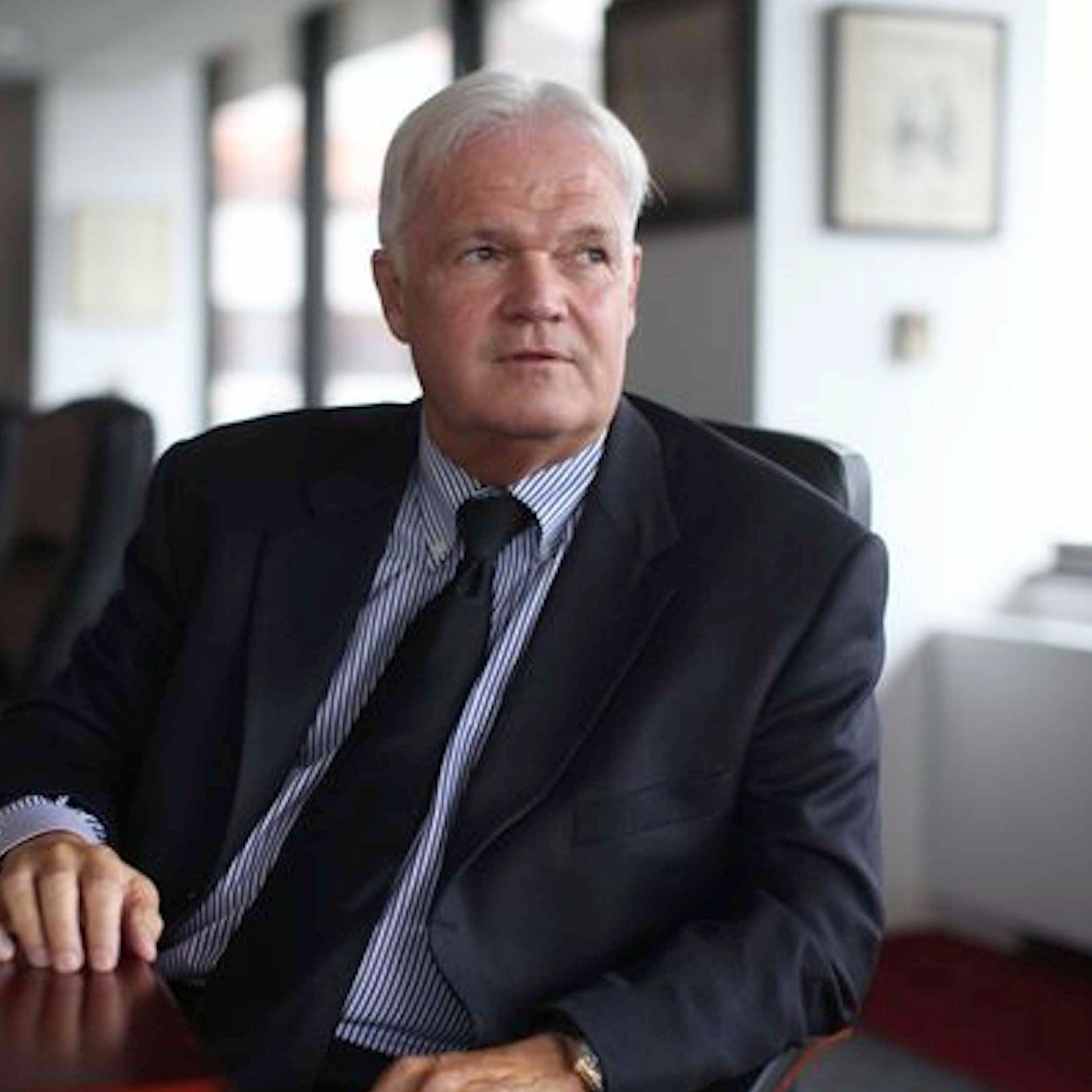The Future of the Post Office

b'The American postal service has an impressive history, but an uncertain future. Older than the Constitution, it was a wellspring of American democracy and a catalyst for the creation of a nationwide market for information and goods. Today, however, its once indispensable role in fostering civic discourse and facilitating personal communications has been challenged by the Internet and mobile telephony. How is the post office coping? What are its prospects in the digital age?\\n\\nRichard R. John is a professor in the Columbia University Journalism School who specializes in the political economy of communications in the United States. His many publications include two monographs: Spreading the News: The American Postal System from Franklin to Morse (1995) and Network Nation: Inventing American Telecommunications (2010).\\n\\nKent B. Smith is the manager of strategic business planning for the US Postal Service and is involved in developing perspectives of the future of the postal service and the mailing industry with such groups as the Institute for the Future, the Universal Postal Union, and the International Postal Corporation.\\n\\nDavid C. Williams is the Inspector General (IG) of the US Postal Service. The IG\\u2019s office conducts independent audits and investigations of postal service operations. Previously, he served as IG for the Nuclear Regulatory Commission, Social Security Administration, Department of the Treasury and Housing and Urban Development.\\n\\nModerator:\\nV.A. Shiva Ayyadurai is a lecturer at MIT in both the Department of Biological Engineering and Comparative Media Studies. He directs the EMAIL Lab and works with the US Postal Service Office of Inspector General exploring ways to retain postal workers\\u2019 jobs through the provisioning of email services. His book The EMAIL Revolution is forthcoming this fall.'